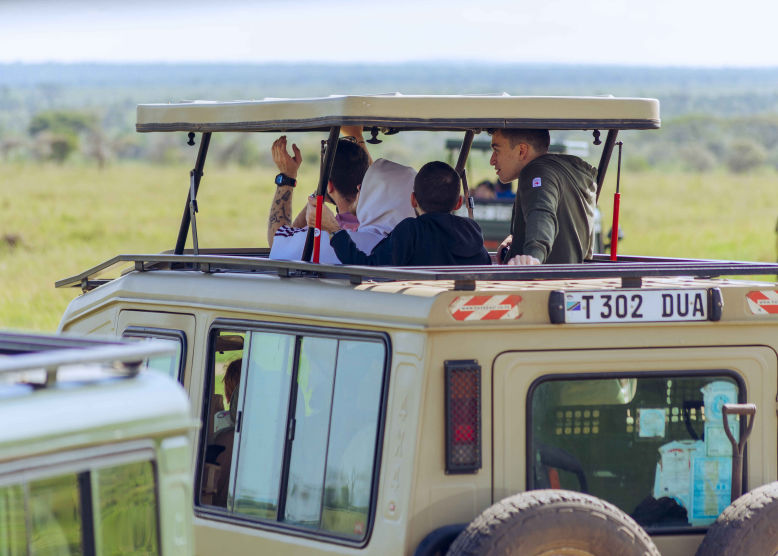Popular Wildlife FAQs List trends:
1. Do I need a visa to visit Tanzania?
A tourist visa is necessary to enter Tanzania, and it can be obtained in advance or upon arrival. US Dollars only are accepted at the airport, and all currency must be from the year 2006 and up.
2. When is the best time to go on a safari?
Dry Season (December - February; June - October) - the weather will be warm and sunny and pleasant to sleep at night if you are camping. The plains will be dry, and you will see plenty of animals though they will be more lethargic and hide under trees.
Rainy Season (November; March - May) - the weather will be warm during the day but cooler in the morning and the evening and visibility may be poorer if it is raining that day. The plains will be green and luscious, and animals will be more active even during the day.
3. When is the Serengeti migration?
The best time to see the migration in the Serengeti is from late November all the way to March. Thousands of wildebeest, zebras, and other animals will pass in front of you, making this experience a truly unique spectacle.
4. Is it safe inside the parks?
It is safe, but you must stay inside your vehicle at all times and listen to your guide. The roads inside the parks can be rough so should your vehicle break down, there are park rangers nearby ready to help your driver.
If you are camping inside the park, it is important not to wander off and to always listen to your guide's instructions.
5. Is there internet and phone reception inside the parks?
In most of the parks, there is no reception, but you will have phone and internet access at your accommodation.
6. What do you do in case of a medical emergency?
Depending on the severity of your medical emergency, we have several plans in place. Our guides carry a first aid kit and can tend to minor medical issues. Park rangers are trained in first aid as well and are there to assist when necessary. Should you have a major medical issue, we would immediately escort you to the nearest hospital.
7. What do you do in case our vehicle breaks down?
Our guides are trained to repair minor vehicle issues, and there are several garages where our vehicles can be fixed as well very close to the park. Should there be a major issue that cannot be fixed immediately and would delay your safari, we would send another vehicle to the rescue. All of our safari vehicles are maintained on a regular basis and checked before departure.
Note
We highly recommend that before your trip you scan and e-mail yourself your passport, visa stamp if obtained in advance and flight itinerary.

